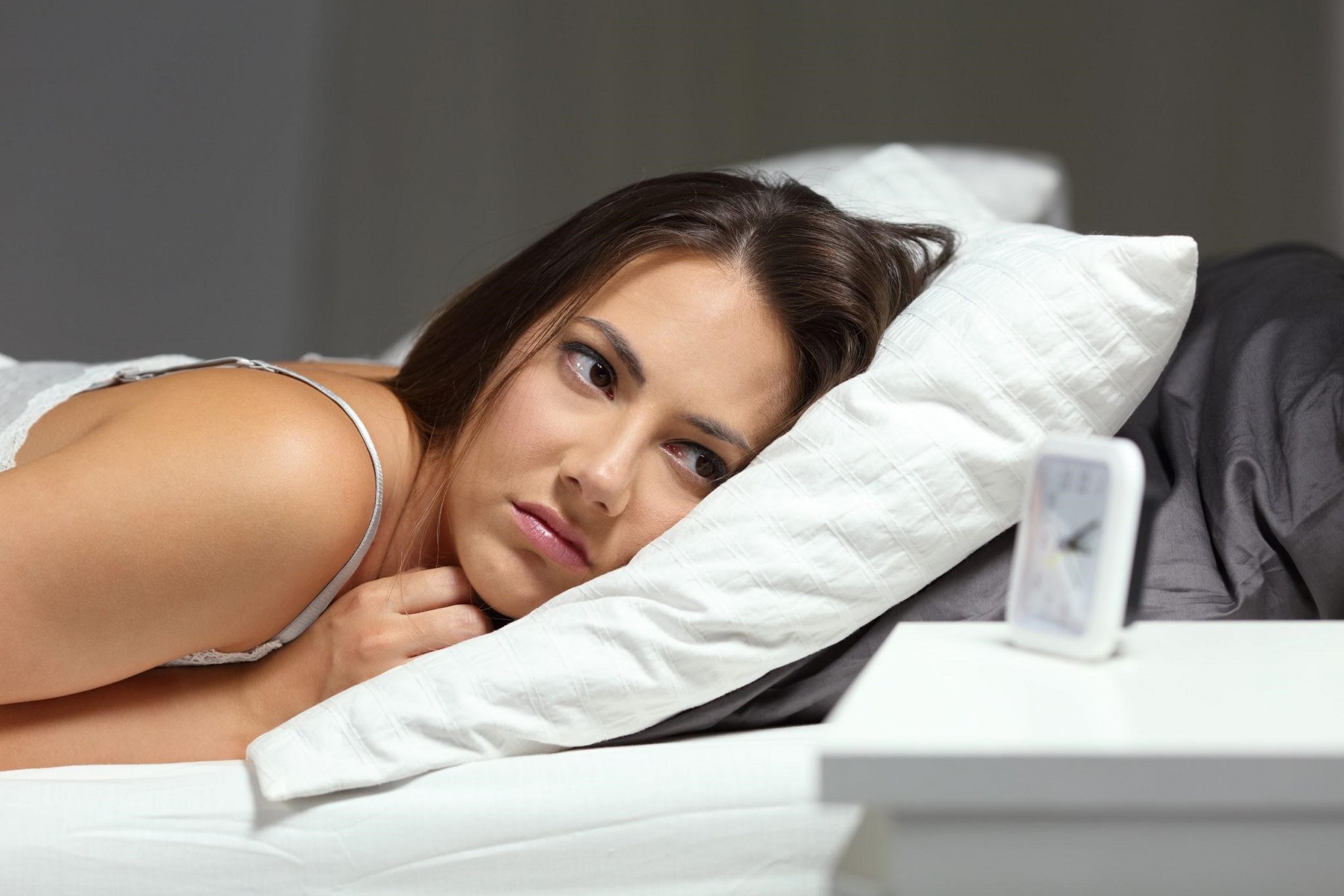Table of Contents
- Oral Appliance Therapy Appliances for Obstructive Sleep Apnea (OSA)
- What is Obstructive sleep apnea?
- Who can get obstructive sleep apnea?
- What causes obstructive sleep apnea?
- What are the common effects of obstructive sleep apnea (OSA)?
- Where can I buy an oral appliance for sleep apnea?
- Resources and References:
Oral Appliance Therapy Appliances for Obstructive Sleep Apnea (OSA)

People will often ask – what is the most effective oral appliance for sleep apnea? According to experts, the most preferred method of treating obstructive sleep apnea (OSA) is the CPAP machine. An alternative treatment solution is oral appliance therapy. Notably, one appliance looks like a mouth guard, commonly called a denture for sleep apnea, while another dental device stabilizes the tongue. There are oral appliances for Obstructive Sleep Apnea (OSA) and central sleep apnea oral appliances.
What is Obstructive sleep apnea?
Sleep apnea is a severe sleep disorder that occurs when a person’s breathing is interrupted intermittently during sleep. People with untreated obstructive sleep apnea stop breathing several times during sleep, sometimes hundreds of times throughout the night.
Obstructive sleep apnea occurs when the upper airway is clogged either partly or completely when sleeping.
During an apnea episode, the diaphragm and chest muscles work harder as the pressure intensifies to open the airway. Usually, breathing resumes with a loud gasp or body jerk. These episodes can hinder a sound sleep, decrease the flow of oxygen to vital organs, and lead to heart rhythm problems. However, an oral appliance for sleep apnea can be of tremendous help to a sleep apnea patient.
Who can get obstructive sleep apnea?
According to a recent sleep study, obstructive sleep apnea is prevalent in about 25 percent of men and almost 10 percent of women. It is worth noting that obstructive sleep apnea can affect people of all ages, including infants and children (2-13 years). Notably, people over the age of forty, and those who are overweight are at high risk.
What causes obstructive sleep apnea?

Obstructive sleep apnea is caused by an obstruction of the airway that usually occurs when the soft tissue in the back of the throat collapses during sleep. On the other hand, central sleep apnea is generally observed in patients with central nervous system dysfunction, like those who have had a stroke or neuromuscular diseases. It may also be common in patients with heart failure and various forms of cardiac and pulmonary disease. Patients with sleep apnea must look into sleep apnea dental appliance vs. CPAP benefits to remedy this problem.
What are the common effects of obstructive sleep apnea (OSA)?
If left untreated, obstructive sleep apnea can lead to a number of health problems such as cardiomyopathy (enlargement of the muscle tissue of the heart), arrhythmias, congestive heart failure, hypertension, stroke, diabetes, and heart attacks. Additionally, untreated sleep apnea may cause job impairment, work-related accidents, academic underachievement in children and adolescents.
Where can I buy an oral appliance for sleep apnea?
You can request more information about where you can buy an oral appliance for sleep apnea from your sleep therapist. It would be best to ask about oral appliances for sleep apnea cost from various dealers as you weigh your treatment options. Some dealers may offer tremendously affordable and quality appliances.




 Shop
Shop



